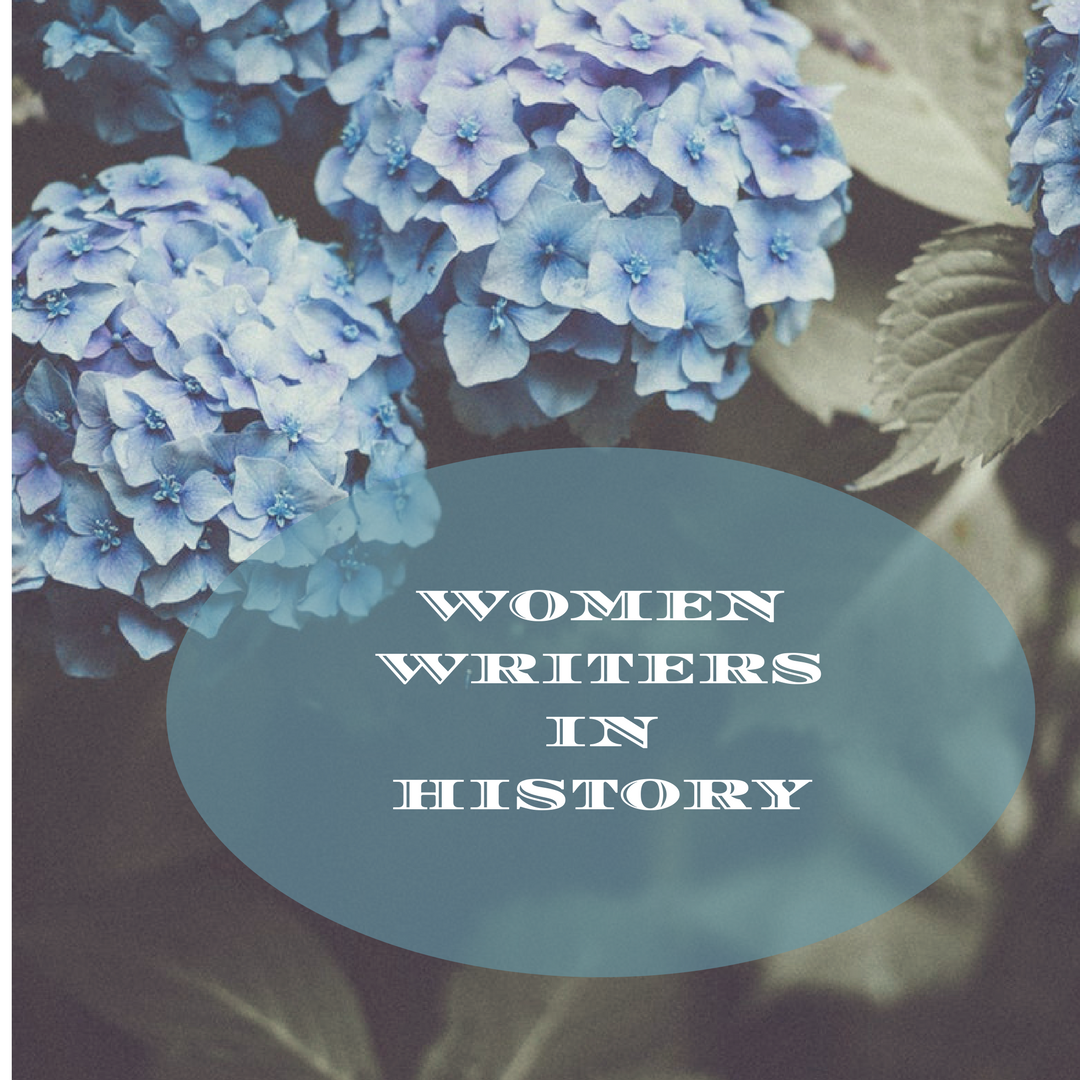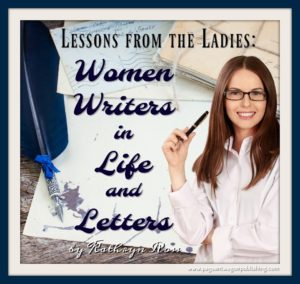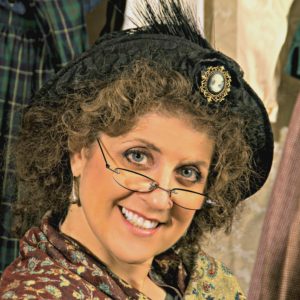Then the Lord answered me and said: “Write the vision and make it plain on tablets, that he may run who reads it.
Habakkuk 2:2 NKJV
For I am not instructed in the vision to write as the learned write, and the words in the vision are not as words sounding from a human mouth, but as flashing flame and as a cloud moving in clear air.
Hildegard of Bingen
Letter to Guilbert Gembloux
Henry Osborne Taylor translation
Most writers can attest to some level of visionary experience in the crafting of a novel or the development of a writing project. It might be called inspiration. Modern women writers follow up their vision with the scholarship of research to the purpose, and Christian women dare not venture to put pen to paper apart from prayer.
But medieval women writers of devotional literature possessed precious little ability for scholarly research. They relied chiefly on prayer and a passionate love of God according to whatever religious teaching they had been allowed by the church. The writing lives of medieval women remained relegated to the noble-born classes and the convent, but their level of education was not level with the men of the time. Women submitted to the authority of men in every sphere of living. Though they felt the deficit, few chaffed at the misapplied subjugation of women as second-class citizens. The emancipation of women and balanced interpretation of biblical principles on the subject have come a long way in the last millennium. Even so, the controversial topic remans a hotly debated.
True in both contemporary and medieval times, writing and speaking from a place of authority is necessary. Latin, the language of the church and scholarship in the 12th century, was enjoyed by men as a complete education in literacy, be they noblemen or clergy. But, not so with women, who might understand Latin, but not be able to speak or write in it. Those who possessed even more limited literacy skills dictated their works to scribes. Women were acutely aware of their limitations in authority, but due to the rapt nature of their visions, meditations, and prayer life, they were compelled to write in the authority of the vision. They used whatever abilities they had to the fullest obeying their call to write His vision.
The ascetic women of the medieval age lived a monastic life, wholly devoted to God, in convents free of the cares of home and family. The intensity of their works became a force of change in their own soul and spirit, transforming them into selfless servants seeking the ways and means to help the afflicted in their communities. The ultimate purpose of the vision was to change their lives, so they might be agents of change in the lives of others.
The middle ages leave a plethora of devotional writings by Christian women, autobiographical in nature, that are memoirs of intense moments experienced in the secret place of prayer and meditation. These visionaries and mystics, though their words may give the biblically astute modern reader pause, must be judged by the era in which they lived and the language they were able to fully experience in a living relationship with God.
Visions and dialogue between God and man are regularly recorded in both the Old and New Testaments of the Bible. So, too, in the subsequent generations of Christian writers over the past 2000 years. This was the major element in the written works of medieval women:
The most obvious single narrative unit of [medieval] women’s writing is the retelling of a vision, and that vision has two mnemonic structural elements: visual iconography and dialogue. Visions are creative acts, and they seem to have been experienced by medieval women as direct seeing and hearing, not as reading. To have a vision was more like seeing a film than it was like writing or reading. Visions were images, texts, and glosses on a woman’s spiritual growth; there spiritual insights found visible form, which could be further explored and meditated on.
Elizabeth Alvilda Petroff
Medieval Women’s Visionary Literature
There is something striking in the words and life experiences left to us by visionary medieval women writers. Those—male or female—seeking greater vision as a 21st century writer might want to take note and be encouraged:
- If God has called you to write, you will hear Him plainly—therein is your authority.
- Seek God in prayer to His purposes in calling you to write, and meditate on the vision He has placed in your heart and mind until it is fully grown, and you are transformed.
- Do not allow your lack of skill to impede your obedience to write.
- Use whatever tools are available to follow through on your call to write your vision, be it opportunities for higher education, mentors, writers conferences, online tutorials, and all the extensive research at your fingertips on the internet or in the stacks at the library. We have more to accomplish the task of writing today than our ancient sisters.
Journal Prompt: Are you a visionary writer? Compare the meanings of vision and inspiration—where do they come from? How do you experience the inspiration to write? Do you see pictures? Do you hear words or phrases? Is there a recurring imagery that draws you into meditation or the day-dream of story? How do you describe what you are thinking, sensing? What part does prayer have in the perfecting of the vision, the inspiration, and the call to write what you see and hear? Where does your confidence and authority come from to write your vision?
[bctt tweet=”How Hildegarde wrote from #vision “as flashing flame and as a cloud moving in clear air.” How does #vision inform your #writing? ” username=”@A3writers @misskathypwp”]
[bctt tweet=”#Women Writers in Life and Letters— #Medieval Women Ascetics: #Writing the #Vision ” username=”@A3writers @misskathypwp”]
Reference: Medieval Women’s Visionary Literature, by Elizabeth Alvilda Petroff, Copyright © 1986 by Oxford Univertiy Press, Inc.
Writer-speaker, Kathryn Ross, ignites a love of literature and learning through Pageant Wagon Productions and Publishing. She writes and publishes homeschool enrichment and Christian living books for home, church, and school. Her passion is to equip women and families in developing a Family Literacy Lifestyle, producing readers and thinkers who can engage the world from a biblical worldview. She blogs and podcasts at TheWritersReverie.com and PageantWagonPublishing.com. Connect with Miss Kathy on Facebook.






1 Comment
As a man, I almost didn’t read this article. But I am so glad I did! What you wrote is true for any writer regardless of gender and has a special message for the non-cleric who writes. The only thing missing at the end was the …
Mic drop